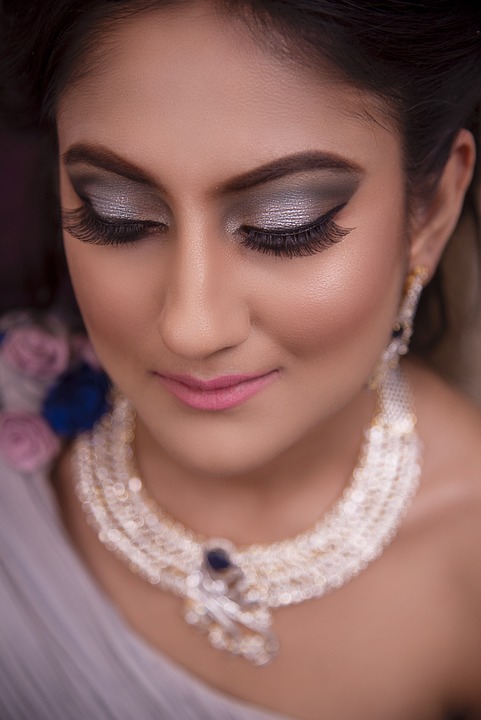Best Skincare Products for Oily Skin: A Comprehensive Guide
Oily skin can be a challenge to manage, but with the right skincare products, you can achieve a balanced and healthy complexion. In this comprehensive guide, we will explore the best skincare products specifically tailored for oily skin types. Whether you struggle with excess oil production or suffer from frequent breakouts, this guide will help you find the perfect solutions to your skincare needs.
Why is it important to choose skincare products for oily skin?
Oily skin is characterized by overactive sebaceous glands that produce excess sebum. This can lead to clogged pores, acne breakouts, and a shiny appearance. Using skincare products specially formulated for oily skin can help regulate sebum production, unclog pores, and reduce the likelihood of acne flare-ups.
1. Cleansers
Choosing the right cleanser is crucial for oily skin. Look for products that are oil-free and non-comedogenic, meaning they won’t clog your pores. Some popular options include:
- Gel cleansers: These are lightweight and gentle, effectively removing excess oil without stripping your skin.
- Foaming cleansers: Formulated with ingredients like salicylic acid or tea tree oil, they provide deep cleansing and control oil production.
2. Toners
Toners are excellent for oily skin as they help balance the pH level of your skin and remove any remaining impurities after cleansing. Opt for toners with ingredients like witch hazel, rose water, or tea tree oil. Be sure to avoid alcohol-based toners, as they can be harsh and overly drying.
3. Moisturizers
Don’t be fooled into thinking that oily skin doesn’t need moisturization. Even oily skin needs hydration to maintain its health and balance. Look for oil-free, lightweight moisturizers that are specifically formulated for oily skin. Ingredients like hyaluronic acid and glycerin can provide ample moisture without adding excessive oiliness.
4. Serums
Serums are concentrated formulas that target specific skincare concerns. For oily skin, serums with ingredients such as niacinamide, vitamin C, or retinol can be beneficial. They help control oil production, reduce the appearance of pores, and promote a more even skin tone.
5. Exfoliants
Exfoliants are essential for oily skin as they help remove dead skin cells, unclog pores, and prevent acne. Choose chemical exfoliants containing alpha-hydroxy acids (AHA) or beta-hydroxy acids (BHA) like glycolic acid or salicylic acid. These ingredients effectively exfoliate without causing irritation or excessive dryness.
FAQs
Q1: Can oily skin benefit from moisturizers?
Absolutely! While it may seem counterintuitive, moisturizers are essential for all skin types, including oily skin. They help maintain the skin’s natural moisture barrier and prevent it from overproducing oil.
Q2: How often should I exfoliate my oily skin?
Exfoliation frequency varies from person to person, but for oily skin, it is generally recommended to exfoliate two to three times a week. However, be mindful not to over-exfoliate, as it can lead to irritation and dryness.
Q3: Can I use facial oils on oily skin?
Yes, but be cautious about the type of facial oils you use. Non-comedogenic oils like jojoba oil and grapeseed oil can help regulate sebum production and provide nourishment to the skin without clogging pores.
Q4: Are there any specific ingredients to avoid for oily skin?
For oily skin, it is best to avoid heavy oils (like coconut oil) and comedogenic ingredients such as lanolin or mineral oil. These ingredients can exacerbate oiliness and lead to clogged pores.
Q5: Can a healthy diet help control oil production in oily skin?
While diet alone may not completely regulate oil production, maintaining a balanced diet can contribute to overall skin health. Foods rich in antioxidants, vitamins, and minerals can help improve your skin’s appearance and reduce inflammation.
By incorporating these best skincare products catered to oily skin into your daily routine, you can effectively manage excess oil production while maintaining healthy, glowing skin. Remember to consult with a dermatologist if you experience persistent skincare concerns or severe acne.



